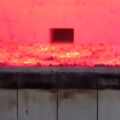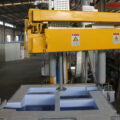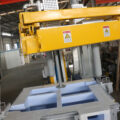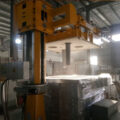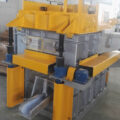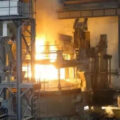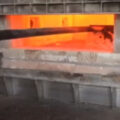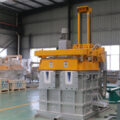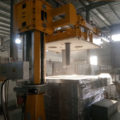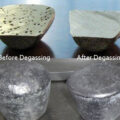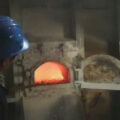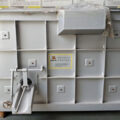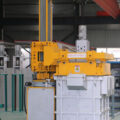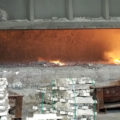Influence of Inclusions and Hydrogen Content in Melting Process on Mechanical Properties: During the melting process, the inclusions and hydrogen content in the molten aluminum have a greater impact on the mechanical properties. The more slag and hydrogen content in molten aluminum, the lower the density of the casting, the worse the mechanical properties, and the poor casting performance.
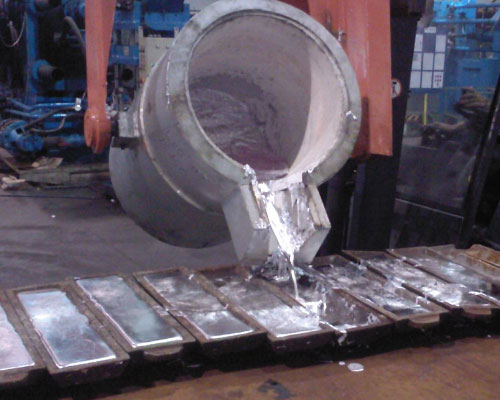
Due to the influence on inclusions and hydrogen content in the molten aluminum, defects such as pores and slag holes are generated inside the casting, resulting in a decrease in the density of the casting. The porosity and slag inclusion inside the casting can have an impact on the fracture behavior of the casting. When the casting is subjected to a tensile test, it is easy to break at the edge of the porosity, resulting in a greatly reduced tensile strength and elongation. Conversely, castings with higher density have very few pores, and the effective area to withstand stretching is enlarged, so the tensile strength and elongation are improved. The hardness of the sample was tested by the hardness tester and found that the higher the density, the higher the hardness.
Our company provides refining agents, degassing units and filtering equipment. Its purpose is to remove gas and slag, which is an important step in smelting aluminum alloy and the key to ensure the production of high-quality castings. The degassing box uses nitrogen rotating spray, and the rotatable graphite rotor is used to quickly rotate in the depth of the aluminum liquid to break up the bubbles and stir the alloy. The special rotating nozzle degassing device is used to perform the process. The advantage is that the bubbles are small under the action of the rotor. The uniform distribution enhances the degassing process and the slag removal process, the liquid level is stable, and the alloy burning loss is relatively small. At the same time, the refining agent is used to complete the adsorption and slag removal.

